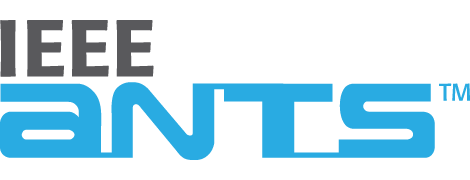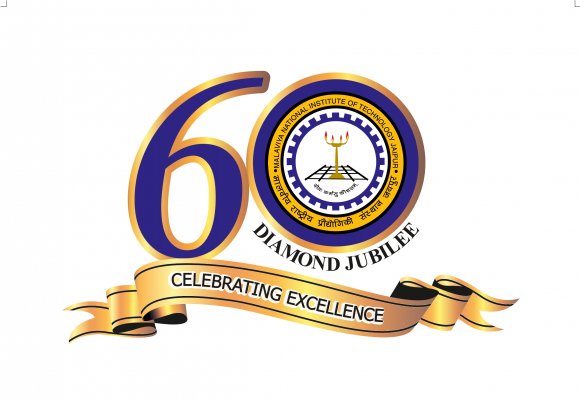Massive Machine Type Communications for Seamless Connectivity
Massive machine-type communication (MTC) is one of the main enablers of digitization of our society and enables ubiquitous connectivity to a diverse set of devices spread over a large area, including smart homes, cities, and health devices. In this panel, we will discuss critical requirements, key drivers, enablers and use cases for massive Machine Type Communications in the Indian context. We will explore how a mMTC-optimized 6G network may look like serving a diverse set of service classes. We will try to answer some of the questions pertaining to implementing mMTC in our panel.
- What are the potential enabling technologies for mMTC?
- What are the key enablers for supporting ultra-low power receivers?
- How do we design scalable waveforms and medium access policy to support massive global connectivity for mMTC?
- How to design lightweight and flexible ways of handling privacy and trust in mMTC?
We will conclude the panel with some open research problems.
Panel Lead/Moderator: Prof. Adrish Banerjee, IIT Kanpur
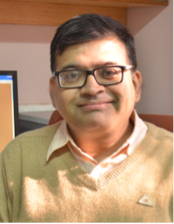
Bio: Adrish Banerjee received the B.Tech. (Hons.) degree from the Indian Institute of Technology, Kharagpur, India, and the M.S. and Ph.D. degrees from the University of Notre Dame, Notre Dame, IN, USA. He is currently the Next Generation Broadcasting Chair Professor with the Department of Electrical Engineering, Indian Institute of Technology, Kanpur, India. His research interests include physical-layer aspects of communications, particularly error control coding, molecular communications, broadcasting, and machine learning applications in communications.
Contact: Prof. Adrish Banerjee, IIT Kanpur, adrish@iitk.ac.in
Panelists: Prof. Ananthanarayanan Chockalingam, IISc Bangalore
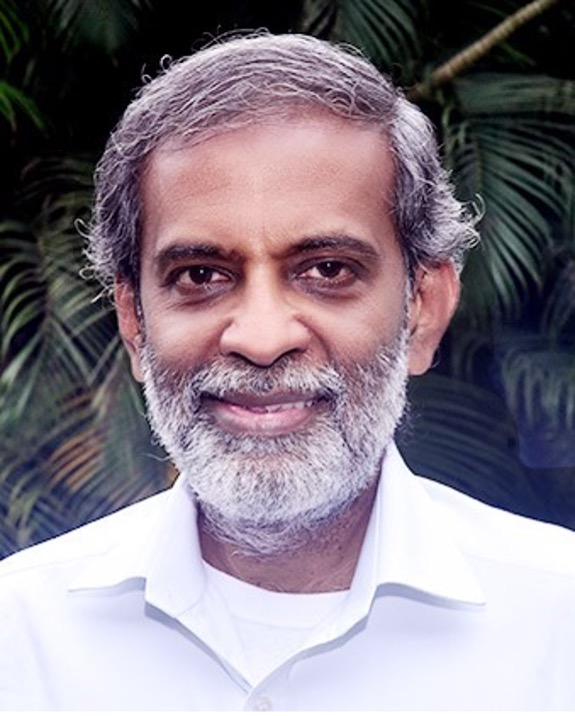
Bio: A. Chockalingam received the B.E. (Honors) degree in ECE from P.S.G. College of Technology, Coimbatore in 1984 and the M. Tech degree in E & ECE from IIT, Kharagpur in 1985. From 1986 to 1993, he was with the Satcom Lab, Transmission R & D Division, Indian Telephone Industries, Bangalore. In 1993, he obtained the Ph.D. degree in ECE from IISc, Bangalore. From 1993 to 1996, he was a Postdoctoral Fellow and an Assistant Project Scientist in the Department of ECE, UC San Diego. From 1996 to 1998, he was with Qualcomm, San Diego, as a Staff Engineer/Manager. Since 1998, he has been a faculty in the Department of ECE, IISc, where he is a Professor working in the area of wireless communications.
Contact: Prof. Ananthanarayanan Chockalingam, IISc Bangalore, Indian Institute of Science, achockal@iisc.ac.in
Panelists: Prof. Shankar Prakriya, IIT Delhi
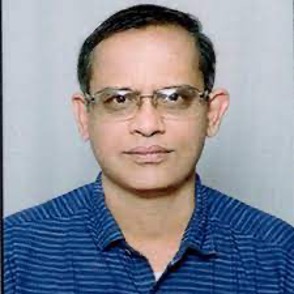
Bio: Shankar Prakriya received the B.E. degree (Hons.) in electronics and communication engineering from the Regional Engineering college (now National Institute of Technology) Tiruchirappalli, in 1987, and the M.A.Sc. (Engg.) and Ph.D. degrees from the Department of Electrical and Computer Engineering, University of Toronto, Toronto, Canada, in 1993 and 1997, respectively. He was with the Indian Space Research Organization for three years. He joined IIT Delhi in 1997, where he is currently a Professor with the Department of Electrical Engineering. He currently holds the Prof. Chandiramani chair on security. His research interests include wireless energy harvesting, NOMA, backscatter communications and intelligent reflecting surfaces. He is a serving Editor of the IEEE Transactions on Wireless Communications.
Contact: Prof. Shankar Prakriya, IIT Delhi, shankar@ee.iitd.ac.in
Panelists: Dr. Ratnakar Rayavarapu, Samsung R & D Institute, Bangalore
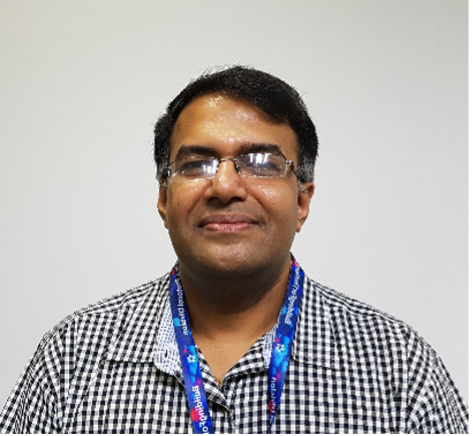
Bio: Ratnakar Rao is Senior Director, Engineering at Samsung R&D Institute in Bangalore, where he leads the Beyond 5G Communication R&D. He has over 20 years of experience in telecommunication industry . He specializes in Wireless protocols and played a key role in the launch of Samsung's 5G devices in world-wide markets. He is a Senior Member, IEEE and has 30+ International patent grants. His current areas of interest include AI-in-Wireless and Next generation communication systems. Ratnakar holds a Master's degree in Telecommunication Systems Engineering from IIT, Kharagpur. He is a TEDx speaker and has delivered several invited talks and podcasts on technological advances. His profile is available at www.linkedin.com/in/ratnakar-rayavarapu
Contact: Dr. Ratnakar Rayavarapu, Samsung R & D Institute, Bangalore
Panelists: Dr. Shashidhar Vummintala, Qualcomm Bangalore
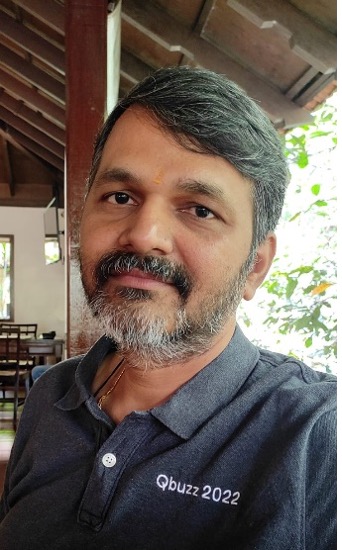
Bio: Dr Shashidhar Vummintala holds both a Masters’ and PhD in Electrical Communication Engineering from IISc-Bangalore, awarded in 2000 and 20004 respectively. He is currently a Senior Director of Technology at Qualcomm Bangalore, leading the systems efforts on Wireless side with emphasis on 5G cellular technologies. Prior to that, he was part of and led systems efforts for various 4G chipsets at Beceem Communications and Broadcom Communications. His areas of interests include information theory, channel coding and MIMO signal processing.
Contact: Dr. Shashidhar Vummintala, Qualcomm Bangalore
Panelists: Mr. Ankit Jauhari, Ericsson Research, Bangalore
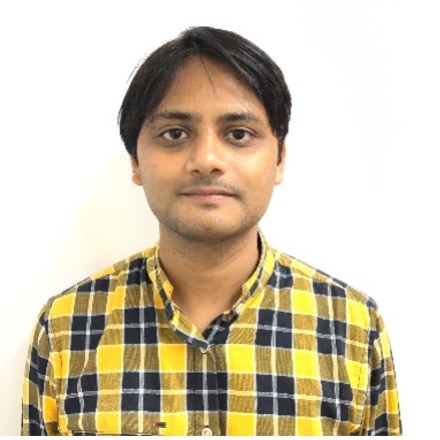
Bio: Ankit is working as a researcher at Ericsson Research. His areas of interest include Reinforcement Learning, Generative AI and problems at intersection of Radio and Machine Intelligence. At Ericsson, he has worked on projects involving Causality, DRX Optimization, Handover Optimization and NLP. Before joining Ericsson, he did his Masters from IISc Bangalore.
Contact: Mr. Ankit Jauhari, Ericsson Research, Bangalore
Panel duration: (Total 90 minutes: 60 min discussion, Total 30 min Q&A encouraged as interspaced)
Timeline for expert discussion: 50 minutes
Moderator time: 10 Minutes
Q & A for audience: 30 Min (encouraged as interspaced between discussions as well as toward the end)
